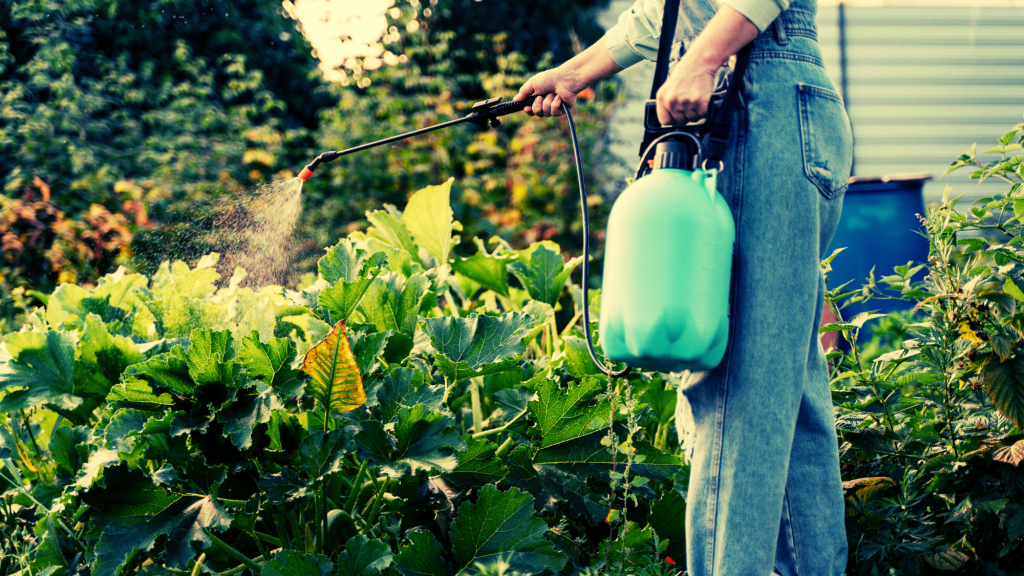A group of three-to-five-year-old girls in bikinis and high-heeled sandals at Gisselle’s beauty academy practice sexy beach picture poses.
VICE: First off, how is this story different from the countless beauty-pageant-with-way-too-young-children stories that have been done a million times before?
Karin Ananiassen:
Financial Times
Ben Speck:
When we first arrived we bumped into a random guy and he knew the names of all the participants in recent years’ big competitions and all these details about them, like their eye shape. Then we realised that everyone knows those things in Venezuela. If there’s a big Miss competition on, everybody watches it. It’s like their equivalent of a Champions League football game.
Karin: Ben: When you walk around in Venezuela, are people particularly beautiful?
Ben: Karin: Some of the younger girls are starting to lose concentration, and some seem to have forgotten why they’re there. There are still several hours left of their Saturday class. Do they share the skinny western beauty ideal?
Ben: Karin: Does the beauty industry bring money into the country?
Karin: Ben: How much does it cost to attend these beauty academies?
Karin: What about these photos of the tiny girls in bikinis? Wasn’t that amazingly creepy to shoot?
Karin: Yikes.
Ben: Venezuela is also a hub for international human trafficking. Do you think the beauty pageants could be in any way connected to the sex trade?
KA: BS: KA: To see more of Ben Speck and Karin Ananiassen’s work, visit anecdotephotos.com The four Miss Lara judges in the front row are all famous Venezuelan beauty scene personalities. The Miss Lara contestants are university students, studying law, medicine or engineering. The prize is a 25,000 Bolívares (£3,850) scholarship towards a university degree. The girl to the left who looks out of place was there to accompany her cousin, sitting next to her, who convinced her to join the Miss teen casting too. We thought she was cool and it was refreshing to see some individuality, but secretly hoped she’d turn the offer down. Still, we were impressed with her courage. This group of girls start their day with an hour in a make-up class, learning things like how to get the perfect foundation. They are trained in posing, make-up, catwalk, diction and etiquette, and Gisselle’s has purpose-built rooms for each class. The students are encouraged to scrutinise their rivals carefully, in class as well as in daily life. In Barquisimeto, a group of loud and bouncy girls are preparing to perform on live TV. Twelve girls have been chosen out of 150 to compete for the state title Miss Lara. This catwalk class is for grown-ups in progress. They learn how to walk correctly in different types of dress, as well as different choreographic presentations. At this Miss teen casting it was required to wear a bikini, and the judges were a group of friends in their early 20s, calling girls in one by one, taking pictures on their BlackBerrys. At castings, the girls are told how many kilos they need to lose, and where. But it doesn’t mean they won’t get chosen, only that it’s something they need to fix. The girls holding their homework, which was to research and bring an image of a famous woman they find inspiring. Busty blondes seemed to top the hero list. After hours of classes in the same stuffy room, the girls were easily caught looking bored and tired, but they ensured us that they’re having a blast at the beauty academy. There were hardly any dark-skinned girls among the winner-images decorating the academy’s walls, even though a large percentage of the girls you see on the streets have dark skin. This is the owner of Gisselle’s 20-something niece who spends pretty much every day of her life in this dingy room teaching the kids how to walk on a catwalk.
This is the owner of Gisselle’s 20-something niece who spends pretty much every day of her life in this dingy room teaching the kids how to walk on a catwalk.
Karin Ananiassen:
Videos by VICE
Karin: Ben: When you walk around in Venezuela, are people particularly beautiful?
Ben: Karin: Some of the younger girls are starting to lose concentration, and some seem to have forgotten why they’re there. There are still several hours left of their Saturday class. Do they share the skinny western beauty ideal?
Ben: Karin: Does the beauty industry bring money into the country?
Karin: Ben: How much does it cost to attend these beauty academies?
Karin: What about these photos of the tiny girls in bikinis? Wasn’t that amazingly creepy to shoot?
Karin: Yikes.
Ben: Venezuela is also a hub for international human trafficking. Do you think the beauty pageants could be in any way connected to the sex trade?
KA: BS: KA: To see more of Ben Speck and Karin Ananiassen’s work, visit anecdotephotos.com The four Miss Lara judges in the front row are all famous Venezuelan beauty scene personalities. The Miss Lara contestants are university students, studying law, medicine or engineering. The prize is a 25,000 Bolívares (£3,850) scholarship towards a university degree. The girl to the left who looks out of place was there to accompany her cousin, sitting next to her, who convinced her to join the Miss teen casting too. We thought she was cool and it was refreshing to see some individuality, but secretly hoped she’d turn the offer down. Still, we were impressed with her courage. This group of girls start their day with an hour in a make-up class, learning things like how to get the perfect foundation. They are trained in posing, make-up, catwalk, diction and etiquette, and Gisselle’s has purpose-built rooms for each class. The students are encouraged to scrutinise their rivals carefully, in class as well as in daily life. In Barquisimeto, a group of loud and bouncy girls are preparing to perform on live TV. Twelve girls have been chosen out of 150 to compete for the state title Miss Lara. This catwalk class is for grown-ups in progress. They learn how to walk correctly in different types of dress, as well as different choreographic presentations. At this Miss teen casting it was required to wear a bikini, and the judges were a group of friends in their early 20s, calling girls in one by one, taking pictures on their BlackBerrys. At castings, the girls are told how many kilos they need to lose, and where. But it doesn’t mean they won’t get chosen, only that it’s something they need to fix. The girls holding their homework, which was to research and bring an image of a famous woman they find inspiring. Busty blondes seemed to top the hero list. After hours of classes in the same stuffy room, the girls were easily caught looking bored and tired, but they ensured us that they’re having a blast at the beauty academy. There were hardly any dark-skinned girls among the winner-images decorating the academy’s walls, even though a large percentage of the girls you see on the streets have dark skin.
 This is the owner of Gisselle’s 20-something niece who spends pretty much every day of her life in this dingy room teaching the kids how to walk on a catwalk.
This is the owner of Gisselle’s 20-something niece who spends pretty much every day of her life in this dingy room teaching the kids how to walk on a catwalk.
More
From VICE
-

Screenshot: NetEase -

Dan Kitwood/Getty Images -

Photo: Tatiana Maksimova / Getty Images -

Photo: PATRICK T. FALLON/AFP via Getty Images
